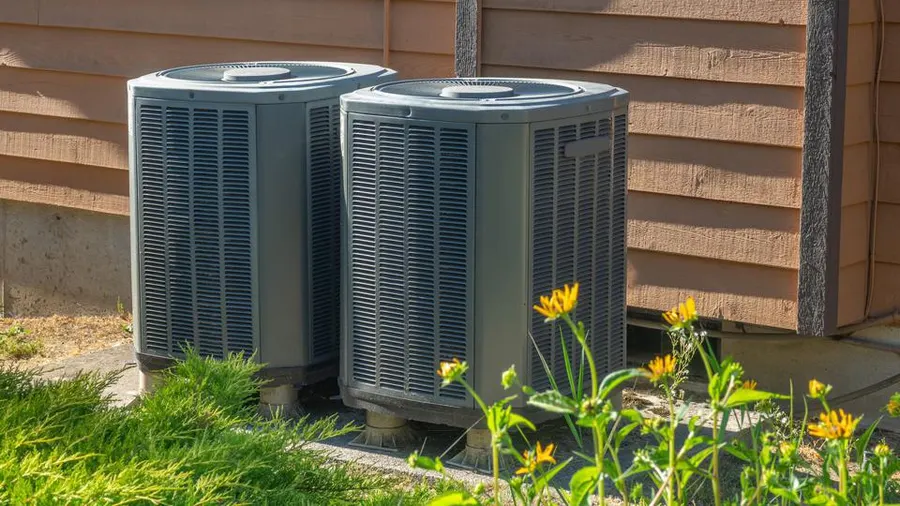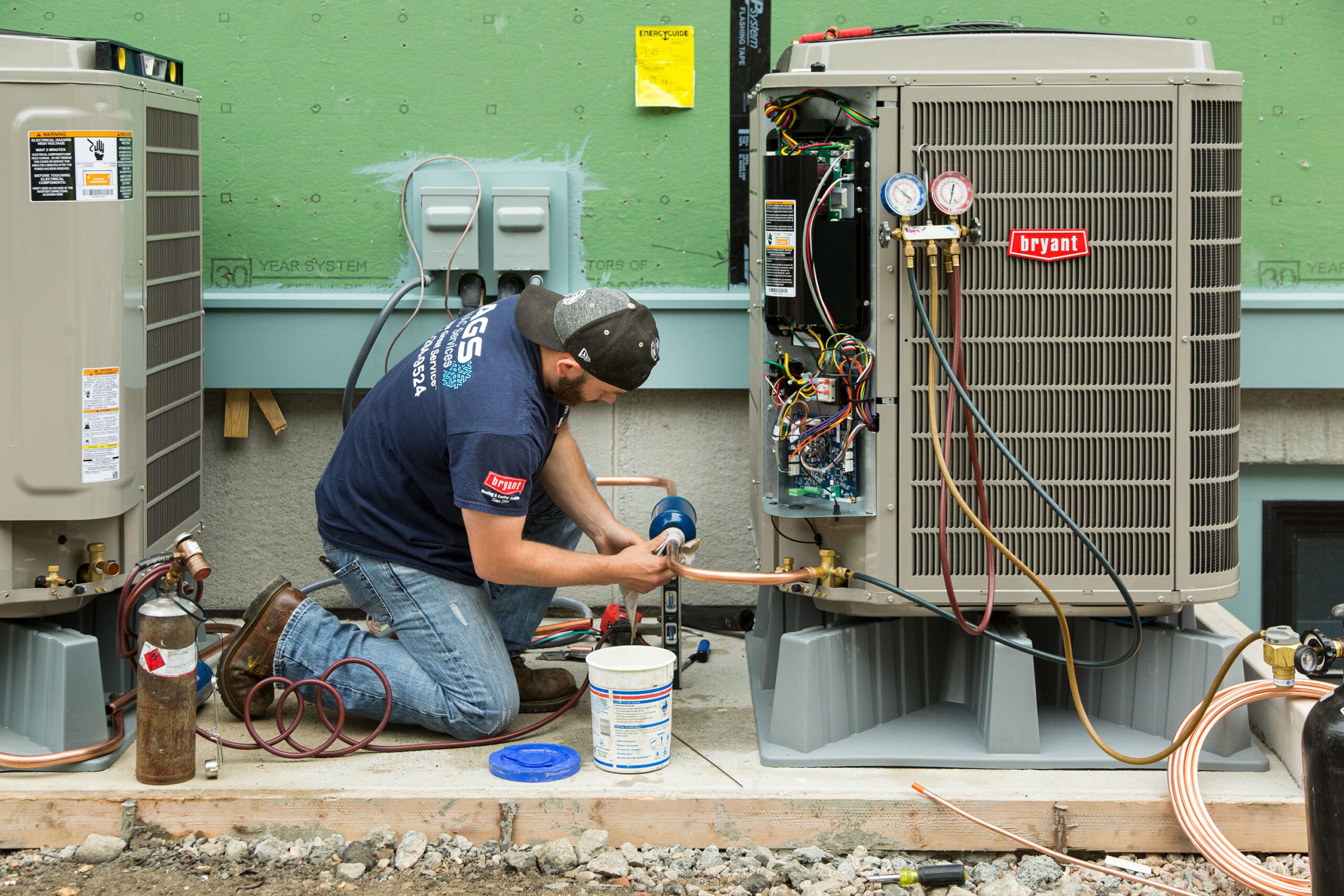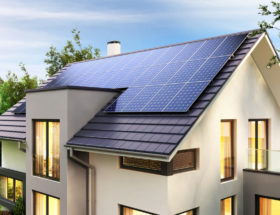
The Ultimate Guide to HVAC Systems: FAQs Answered
HVAC systems offer much-needed relief in both hot and cold climates. Furthermore, they filter and condition our air to combat health problems such as allergies, asthma attacks, and shortness of breath.
Today’s guide will help familiarize you with common heating and cooling systems, terminology, and technology – and help you select the ideal options for your home or project.
After reading today’s article, feel free to check out the following link to schedule expert AC repair services in Erie, CO.
What is an HVAC system?
An HVAC system is an air quality management system used in buildings to keep them comfortable for working, learning, or living spaces by controlling temperature, humidity, and purity of indoor air using various technologies. Various systems are explicitly designed to fit different spaces’ requirements.
An essential element of any HVAC system is ventilation, which brings fresh air from outside and circulates it throughout. As it passes through various sections, this air may be heated or cooled as necessary and finally passes through a filter, which should be changed regularly to avoid overloading and clogging the system.
Depending on the chosen system, air may then be circulated through ductwork to heat or cool different parts of a home or building. Heating sources could include oil furnaces, natural gas or propane furnaces, central air conditioning units, or central evaporative cooling systems. Other systems use boilers to heat water that is then distributed via radiators or radiant floor heating systems.
Other systems use split systems with indoor and outdoor units to save space, typically found in smaller homes; they tend to be less effective than central systems. An important aspect of any system is the thermostat, which enables users to select their preferred temperature before relaying that signal to other system components regarding whether heating or cooling needs to be provided.
What are the parts of an HVAC system?
HVAC systems may seem like magic to many. Their work keeps homes and workplaces comfortable all year round. Understanding the inner workings of your system is vitally important since it will allow you to more effectively maintain the system and call in professionals when maintenance or repair becomes necessary.
Your HVAC compressor receives considerable attention due to being considered its heart. However, don’t be alarmed if it starts malfunctioning; it could simply indicate there is another bigger issue within your system that requires attention.

The thermostat is an integral component of any HVAC system, acting as the hub for controlling temperature settings and monitoring water usage. Furthermore, its programmable feature enables it to reduce or increase temperatures when sleeping or away from home.
Air filters are essential components of any HVAC system, designed to trap airborne contaminants such as dust, allergens, and pollen that enter through ventilation.
A clean air filter helps improve indoor air quality (IAQ) while dehumidifying your property. Vents also play an essential part in HVAC systems – located throughout your property, distributing cooled or heated air depending on your preferences.
What are the benefits of an HVAC system?
Many homeowners recognize the many advantages of installing an HVAC system, including keeping temperatures comfortable while improving air quality and cutting energy bills.
HVAC systems help conserve energy. Modern systems are designed to be more energy-efficient than older models, which can save a great deal on electricity bills. Furthermore, many modern HVACs include programmable thermostats that automatically turn on and off at specific times throughout the day for maximum energy conservation.
HVAC systems can greatly enhance your indoor air quality. Since household air can often be two to five times more polluted than outdoor air, even small changes in pollution levels can substantially affect health. An HVAC system can help improve it by continuously exchanging dirty, stale air with fresh, filtered outdoor air to increase indoor air quality.
HVAC systems can help prevent allergies and asthma. Common allergens like dust, pollen and pet dander are trapped by your HVAC’s filters and ductwork and easily removed, making life much simpler for those suffering from allergies or asthma. Furthermore, humidity levels in your home may also decrease thanks to your HVAC system – making life even easier for those living with these illnesses!
What are the disadvantages of an HVAC system?
Homeowners seeking relief from the summer heat and frigid winter cold should invest in an HVAC system with proper functioning capabilities; they must understand its inner workings to make the most of it.
HVAC systems use a forced-air system to distribute heated or cooled air throughout a home. Depending on user preferences and configuration needs, they typically run on electricity or gas and may be either ductless or ducted. HVACs are also helpful for ventilating spaces and helping eliminate odors.
One drawback of an HVAC system is that it requires a network of ducts to deliver air, which may be inconvenient if space is limited. Furthermore, over time, the ducts may become clogged with dirt, dust and other debris; regular air duct cleaning can help address this issue.
Another downside of owning an HVAC system is the expense involved with its installation, maintenance and repair. A properly maintained system can significantly lower energy costs while increasing lifespan – this includes changing filters regularly, cleaning coils regularly and checking refrigerant levels regularly.









